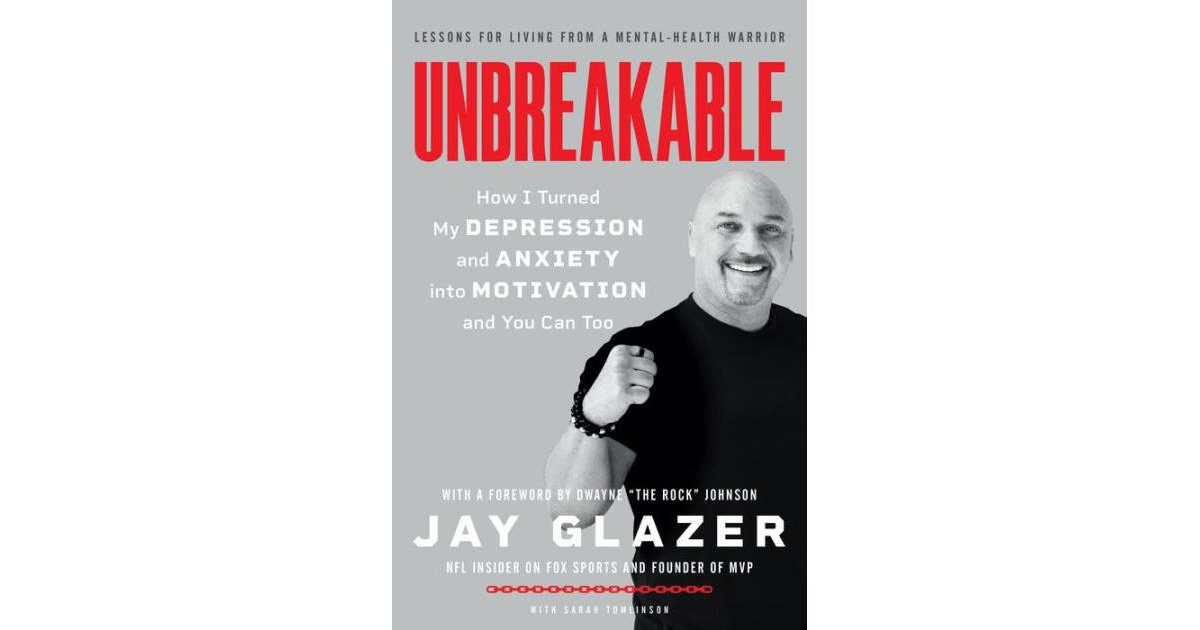New Developments in the Bioarchaeology of Care
Best Price (Coupon Required):
Buy New Developments in the Bioarchaeology of Care for $89.10 at @ Link.springer.com when you apply the 10% OFF coupon at checkout.
Click “Get Coupon & Buy” to copy the code and unlock the deal.
Set a price drop alert to never miss an offer.
Single Product Purchase
Price Comparison
| Seller | Contact Seller | List Price | On Sale | Shipping | Best Promo | Final Price | Volume Discount | Financing | Availability | Seller's Page |
|---|---|---|---|---|---|---|---|---|---|---|
|
BEST PRICE 1 Product Purchase
|
   |
$99.00 | $99.00 |
|
10% OFF
This deals requires coupon
|
$89.10 | See Site | In stock | Visit Store |
Product Details
New Developments in the Bioarchaeology of Care evaluates, refines and expands existing concepts and practices in the developing field of bioarchaeological research into health-related care provision in the past. Evidence in human remains that indicates an individual survived with, or following, a serious pathology suggests this person most likely received some form of care from others. This observation was first made half a century ago, but it is only in the last five years that health-related caregiving has been accepted as a topic for bioarchaeology research. In this time, interest has grown exponentially. A focus on care provides a dynamic framework for examining the experiences of disease and disability in the past - at the level of the individual receiving care, and that of the community providing it. When caregiving can be identified in the archaeological record, bioarchaeologists may be able to offer unique insights into aspects of past lifeways. This volumerepresents the work of an international, diverse, cross-disciplinary group of contributors, each bringing their own particular focus, style and expertise to analyzing past health-related care. Nineteen chapters offer content that ranges from an introduction to the basic 'bioarchaeology of care' approach, through original case studies of care provision, to new theoretical perspectives in this emerging area of scholarship. This book creates a synergy that challenges our thinking about past health-related care behaviors and about the implications of these behaviors for understanding the social environment in which they took place.

 Copied
Copied 




